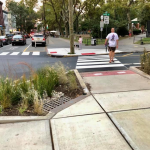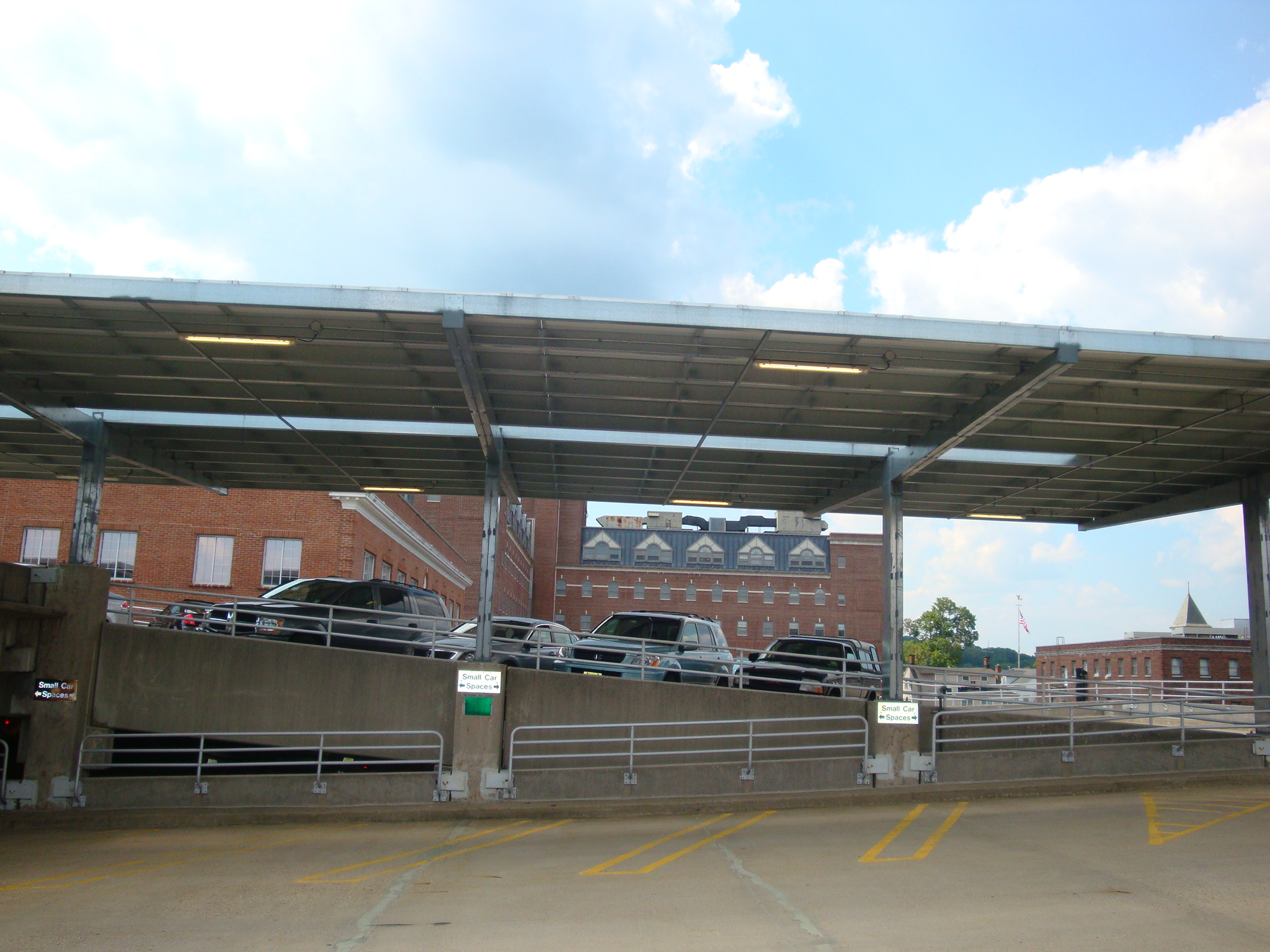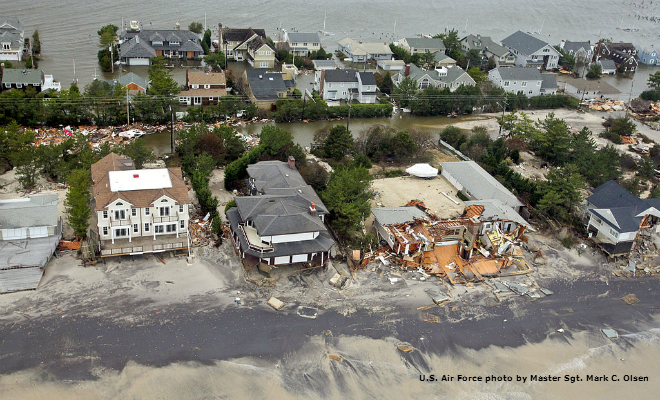New Jersey Future Blog
Rethinking Oil Consumption
May 21st, 2004 by Tim Evans
- The spike in gas prices and the situation in the Middle East offer an opportunity to examine our oil consumption habits.
- New Jerseyans burn an astonishing 11 million gallons of gasoline every day, up from 10 million gallons of gas just one year ago.
- Sprawling land use is a primary culprit. The growing distance between daily destinations and resulting traffic congestion caused a 20 percent jump in average daily commute times in the Garden State in the last decade (1990-2000).
- Public transit is growing as a popular alternative to auto travel in New Jersey. The number of commuters riding transit to work climbed by 10.3 percent in the past decade, compared with only a 3.6 percent increase in the number of workers driving alone.
(Sources: The Energy Information Administration, the U.S. Census, and the American Public Transportation Association)
NEW JERSEY’S ACE IN THE HOLE: PUBLIC TRANSIT
New Jersey has an ace in the hole when it comes to reducing our state’s dependence of oil and global vulnerability: the nation’s third most-patronized bus, rail and light rail network in the nation. (New York City and Chicago have the number one and two networks, respectively).
What we lack are land-use decisions by developers and municipalities that take advantage of our great public transportation infrastructure. Too many of our new office buildings and shopping centers are built on auto-dependent sites, distant from existing rail and bus stations. Too many new housing developments are built at densities that make it uneconomical to offer these residences new public transit options; or even the option of walking to schools or shops.
A change in the way we use our land is essential, especially if New Jersey expects to accommodate another 1 million new residents in the next 20 years.
Key to this change is the redevelopment of the older suburbs, towns and cities where non-auto options for getting around already exist; and more “mixed-use” development that places homes, stores, offices and shops together in a way that makes public transit and even walking feasible. The advantages of such change go beyond new transit options to healthier and more livable communities.
The way we use our land determines how we are able to travel, which directly affects our demand for oil and our nation’s dependency on the Middle East, and even the quality of our air and climate. The key to a more secure future is literally in our hands.
















